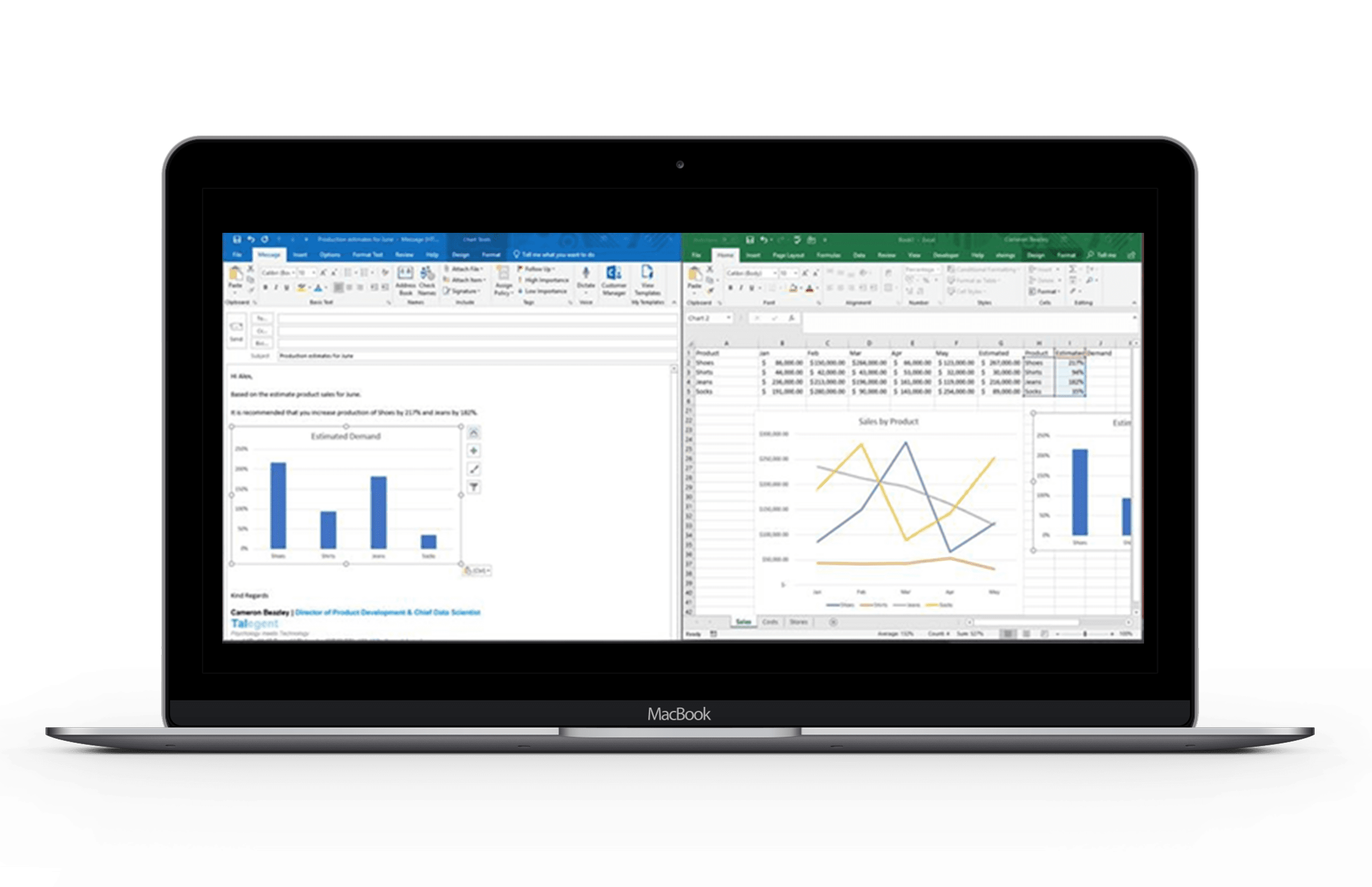Historically, assessments have been designed in a way that makes them easy for computers to mark and score. This has generally meant that candidates have been forced to answer a series of multiple-choice questions that limit the candidate’s responses to one of a few possible responses.
AI is turning this on its head, allowing candidates to respond in a way that is easy for them and forcing the computers systems to learn to mark and score the natural responses – moving recruitment to the future. In using AI, assessments will let the candidate respond through a variety of ways, such as speech, video, stories, or the creation of work documents or presentations.
Supporting candidates to share their strengths in this way that makes them feel comfortable, helps build more positive candidate interactions and increases their engagement with the recruitment process.
MEASURE THE COMPETENCIES OF THE FUTURE
The world of work has undergone massive changes over the previous decade and the rate of change is increasing as businesses utilise new technologies and ways of working.
What skills and abilities will be important over the next decade has been an area of intense focus for organisations, governments, and special interest groups. Several governments and focus groups (UK, US, World Economic Forum) have commissioned studies into what hard and soft skills will be required for work over the next decade of work. These reports found that over the next decade the following skills will be increasingly important for work.
Competencies of the Future:
- Data analysis, interpretation, visualisation, and communication
- Verbal and Written Communication and collaboration
- Complex problem solving
- Judgment and decision making
- Growth mindset and life-long self-directed learning
- Business Acumen and Negotiation
A 2018 Human Capital Trends report by Deloitte which surveyed more than 11k HR professionals found that as technology becomes more central to our work, organisations are increasing their focus on hiring for essential human skills such as complex problem solving (63%), cognitive abilities (55%), and social skills (52%).
Using traditional assessments that rely on multiple choice questions makes it challenging to assess these competencies of the future. Increasing AI systems are being used to allow candidates responses that more closely align with work tasks and show the competencies of the future.
This means that candidates will be presented with assessments that closely simulate work tasks and candidates can respond in the method that aligns with the work task such as designing and delivering presentations, engaging in short conference calls, or drafting work documents.

